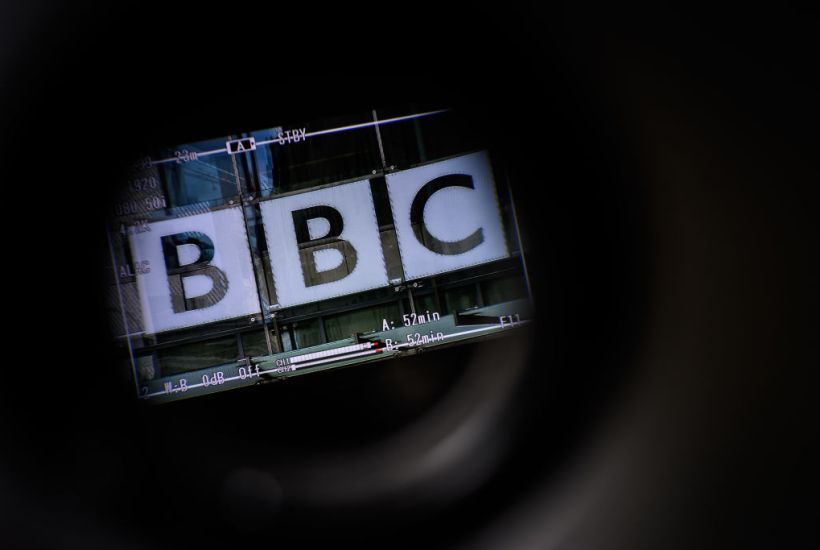There’s rarely a day now that the blundering BBC isn’t the news itself. This time the spotlight is back on BBC Verify, the Corporation’s much-lauded fact-checking service launched to combat the scourge of fake news. Yet journalist David Collier has done some digging and has suggested that BBC Verify looks to be falling short of the high standards to which it holds others…
Collier focuses on a recent report from the broadcaster which seemed to insinuate that Israel was directly to blame for Palestinians killed on Thursday as food aid arrived in Gaza.
Already a subscriber? Log in
Subscribe for just $2 a week
Try a month of The Spectator Australia absolutely free and without commitment. Not only that but – if you choose to continue – you’ll pay just $2 a week for your first year.
- Unlimited access to spectator.com.au and app
- The weekly edition on the Spectator Australia app
- Spectator podcasts and newsletters
- Full access to spectator.co.uk
Or





















Comments
Don't miss out
Join the conversation with other Spectator Australia readers. Subscribe to leave a comment.
SUBSCRIBEAlready a subscriber? Log in